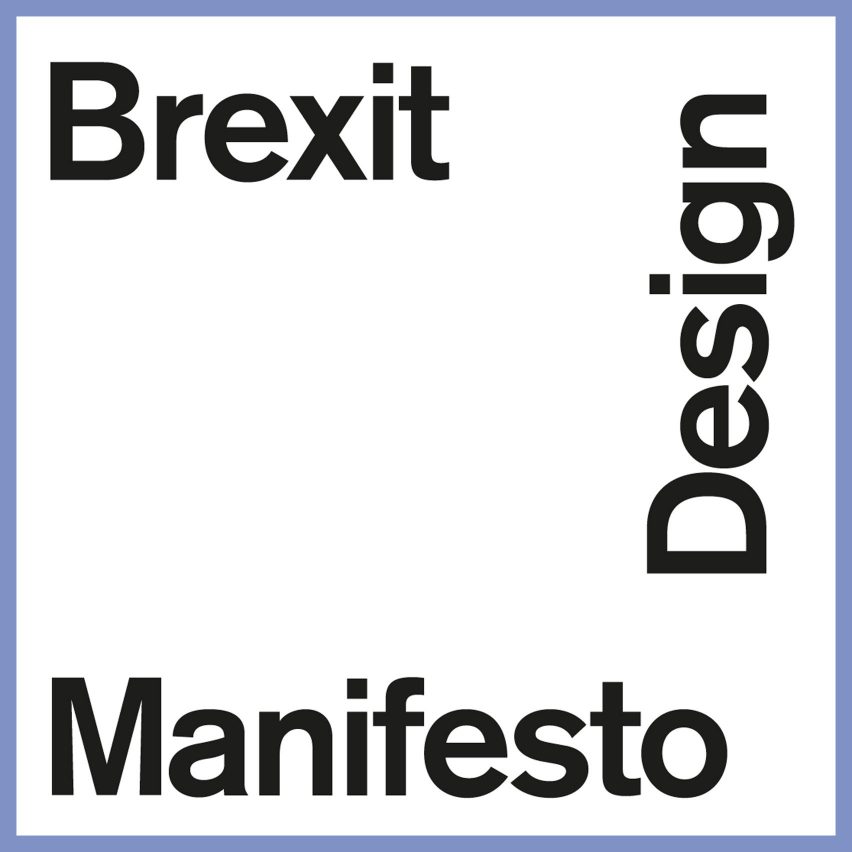City work visas could help UK design firms recruit "brightest and best from around the world"
Brexit: London and other UK cities need to take "radical action" and introduce their own work permits so design firms can thrive after Brexit, according to former government policy adviser Rohan Silva.
Silva has teamed up with London School of Economics professor Tony Travers to develop the concept of city work visas, which would make it easier for companies in certain urban areas to hire overseas talent.
While the idea is intended to benefit all economic sectors that rely on imported skills, design businesses would particularly benefit, said Silva.
"What's really clear to me is that the design industry, the architecture industry and the creative industries depend on openness to talent," Silva told Dezeen.
"Unless we take radical action we really are pretty screwed," he said.
Silva – who was previously special adviser to the UK's former prime minister David Cameron and now runs creative workspace and accelerator Second Home – suggested that city work visas be introduced in London first. But they could then be extended to other UK cities, such as Manchester or Cambridge, that rely on highly skilled overseas workers.
"What I've been advocating are city work visas, starting in London," Silva said. "That would mean that cities that choose can create work visas so you can live and work in that city."
"It's something that's already done in Canada and other countries, so it's very easily implementable," he added.
London mayor supports city visas
Support for city work visas is gaining ground, with London mayor Sadiq Khan last week championing the concept for the capital.
Khan told Sky News that he was "working on a model that will ensure we can carry on recruiting and attracting talent" after stricter immigration controls are introduced when the UK leaves the EU.
The UK vote to leave the European Union was largely driven by concerns over immigration.
The complexity and expense of hiring non-EU staff was already a major frustration for architecture and design firms before the Brexit vote on 23 June. In the future, employing staff from Europe could become just as difficult if restrictions on the free movement of people from the EU are imposed by the government.
Worries over access to high-calibre foreign staff emerged as a key theme at the Brexit Design Summit that Dezeen hosted in the summer. London architect Amanda Levete said that half her workforce came from overseas and that it was "completely essential" that she remain able to continue recruiting foreign staff.
A demand for policies to address this concern are a cornerstone of the Brexit Design Manifesto that Dezeen published last month.

The idea of city work visas for the capital was raised by Silva shortly the Brexit vote this summer, in his column for London newspaper the Evening Standard.
He is now working with LSE professor Travers, one of the world's leading authorities on city policy and urbanism, to develop the idea further and present it to the government.
"It's something I've been talking about for a few years," Silva said. "What's exciting is that momentum seems to be building. We're working on a more detailed proposal for how these city work visas would work."
Silva said it was vital that the design sector lobbied hard to get its voice heard by government, otherwise new policies would be developed in accordance with the wishes of more vocal sectors, such as finance.
"We have to make sure whatever happens isn't just good for the bankers," he said. "It's got to work for the whole of London."
"Disconnect" between government and design
Silva said that government was largely unaware of the economic and cultural importance of the UK's architecture and design sector.
"There's definitely a disconnect because we have the best design and architecture industry in the world," he said. "The UK is absolutely brilliant at this, and yet I'm not sure many politicians and policy makers understand that."
"I say this because I was in the government for a long time. I don't think they realise just how much more government can support that industry and turbocharge it."
Silva, who is a signatory of Dezeen's Brexit Design Manifesto, urged designers to support the initiative.
"I think that anyone who's reading this who's in the design industry, in the creative industries, should get involved and support it because actually your voice right now isn't being heard loudly enough by government."
"There's no bias in the government against design," added Silva, who shortly after the Brexit vote urged designers to use the referendum result to demand favourable policies.
"It's just that so far there's not been an organisation, or organising principal, that's brought this really diverse and disparate community together."
"As soon as that happens, things will change fast."